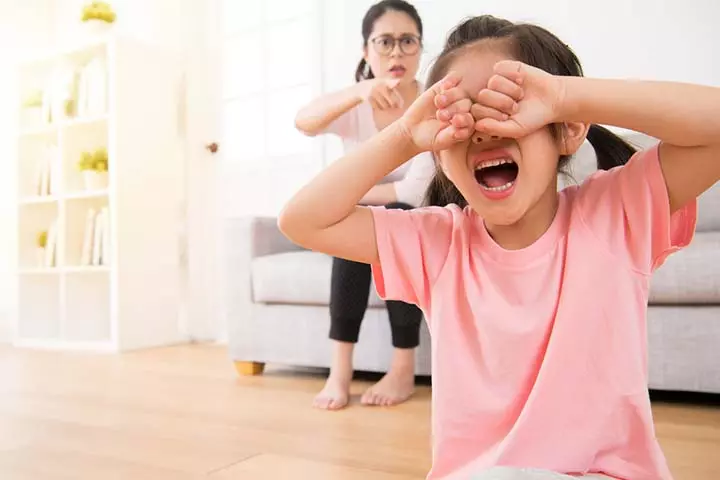
Casal dels Infants – Yelling at children is often considered a quick way to address undesirable behavior or to get their attention. However, despite seeming effective in the short term, yelling at children can actually have detrimental effects on their mental and emotional development. As parents or caregivers, it is important to understand the negative consequences of yelling and how it can affect their mental health in the long run.
Yelling at children can cause them to feel stressed and anxious. Frequent yelling at children may make them feel threatened and unsafe, triggering an increase in stress hormones, such as cortisol. High cortisol levels in a child’s body can lead to excessive anxiety. This can also impact the development of their brain, particularly in areas related to emotion regulation and decision-making. Over time, this high level of anxiety may develop into more serious anxiety disorders.
“Continue Reading: Osteoporosis, Why Women Are More at Risk than Men”
Children who are regularly yelled at often experience a decline in self-confidence. They may feel that they are not good enough or are always wrong, which negatively impacts their self-image. As a result, these children may avoid social situations or perform poorly in school because they fear punishment or further yelling. This lack of self-confidence can persist into adulthood, affecting interpersonal relationships and their ability to cope with life’s challenges.
Yelling at children does not just teach them to obey commands, but also signals that shouting or using aggression is an acceptable way to handle problems. Children who are often yelled at tend to imitate this behavior and may become more aggressive towards their friends, siblings, or even their parents. This can worsen the child’s social dynamics and potentially lead to disruptive behavior in school or other social settings.
A healthy parent-child relationship is built on trust and understanding. Yelling at children can damage this emotional bond, making the child feel emotionally isolated. When children feel unheard or unappreciated, they may become uncomfortable talking about their feelings. As a result, they may become more withdrawn, struggle with emotional regulation, and find it difficult to establish healthy relationships with others in the future.
Studies show that repeated exposure to trauma or stress, such as frequent yelling, can affect the brain development of children. This especially in areas related to problem-solving and emotional regulation. The stress caused by yelling can hinder a child’s ability to learn and develop cognitively. Children who are yelled at often struggle to concentrate in school and face challenges in academic performance.
The long-term impact of yelling at children can extend into adulthood. Children raised in environments filled with yelling and anger are more likely to develop mental health issues, such as depression, anxiety, and post-traumatic stress disorder (PTSD). Additionally, they may be more vulnerable to emotional difficulties in adulthood, such as trouble managing stress or maintaining healthy relationships.
“Read More: Cure the Flu with Garlic, Benefits and How to Use It”
